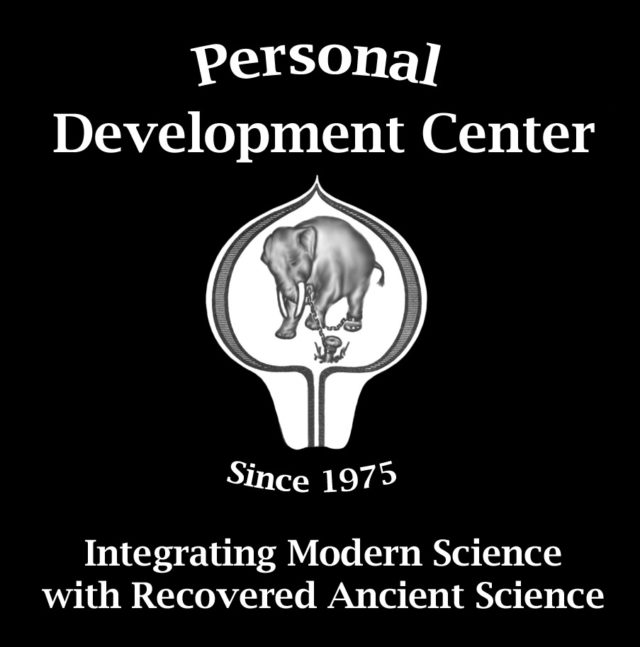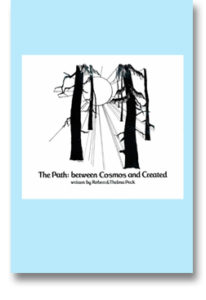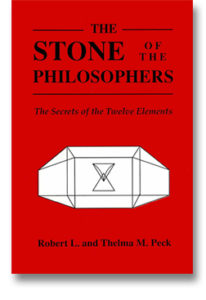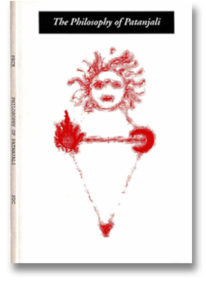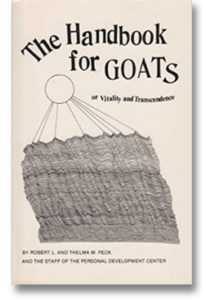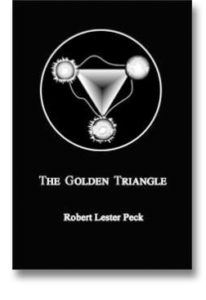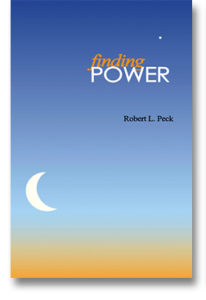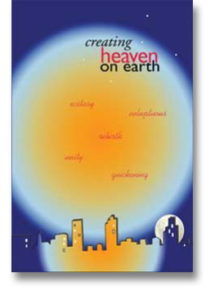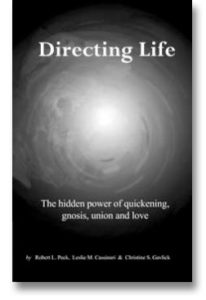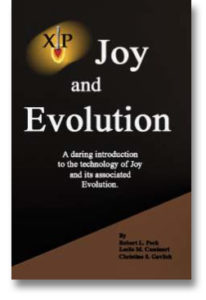Foundations of Personal Development
Experience – Feelings – Innate Knowledge
PersonalDevCenter.com offers books and articles published by the Personal Development Center on the foundations of self-development. These foundations include your personal experiences, feelings, and innate knowledge and are essential for finding real change. Topics range from meditation, yoga, and other mind/body techniques to challenging discussions on the tri-sexual nature of the body. Whether you are a beginner or advanced these methods and discussions will enhance what you already know. You will also find that your experiences and feelings are more understandable.
Lead author Robert L. Peck has found the strength of many of the ancient philosophies and their self-development methods when analyzed with a modern scientific view. By integrating ancient with modern science, Peck provides a refreshing and honest view of the nature of the self and the world. Readers will find a wealth of information on questions such as: How can I change? Who am I? and What is the meaning of life?
The Personal Development Center (PDC) began with hundreds of classes led by Robert L. Peck from the 1970’s through the 1990’s. Initial research groups proved the value of the basic elements of yoga with their positive effects on the mind/body connection. Along with these basics, PDC now offers new translations of esoteric documents explaining the philosophy and science behind personal growth.
Access the foundations of personal development and apply time honored techniques that strengthen your body and mind. The process of pulling yourself up by your own bootstraps begins here. Start finding answers to life’s important questions.
